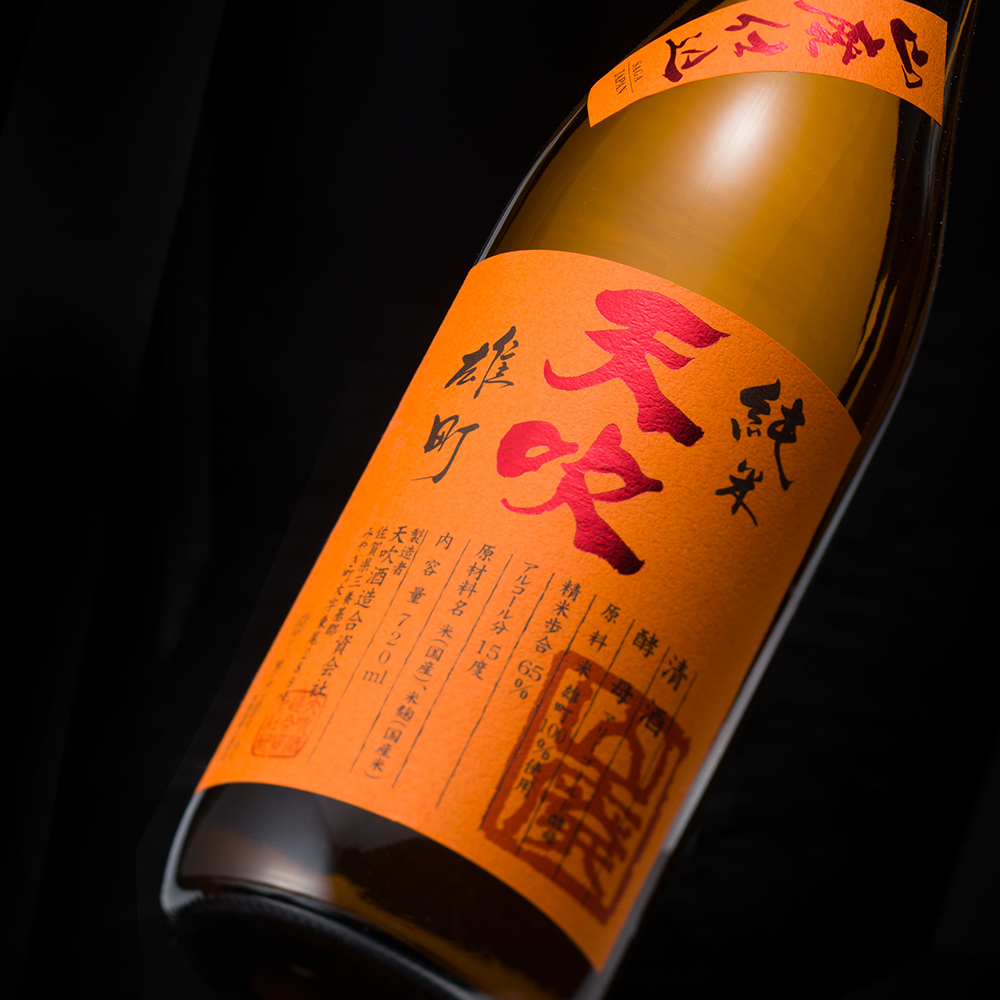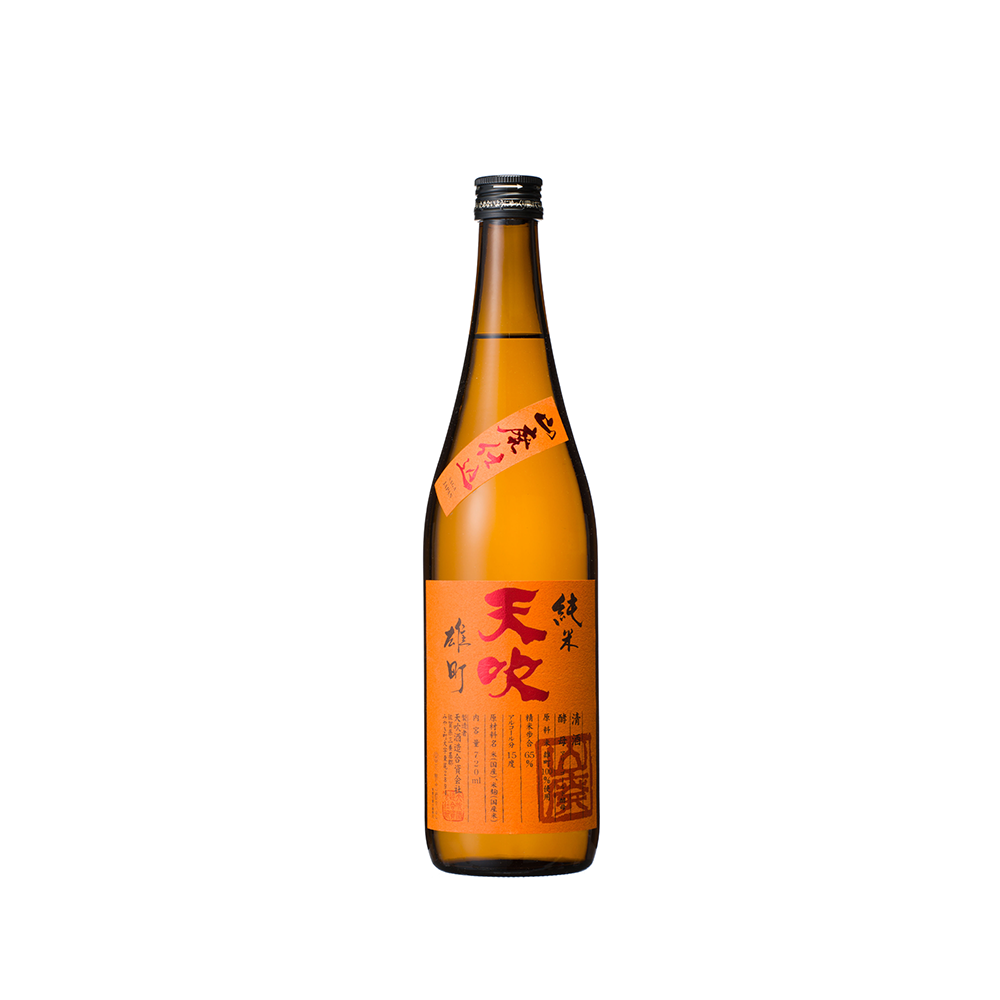-
 >
>
- Product list >
- Amabuki Omachi Junmai Yamahai Marigold-yeast (720ml)
Amabuki Omachi Junmai Yamahai Marigold-yeast (720ml)
詳しく見る
- *All prices shown are the product prices from the Japanpage:.
- *Product price can be shown in multiple currencies as reference values.
- *Payment should be made in Japanese yen.
- *After filling in delivery address, grand total (product price + shipping cost (packing + shipping + insurance) +tariffs & taxes) will be shown on the shipping cart page.
- *All prices shown are the product prices from the Japanpage:.
- *Product price can be shown in multiple currencies as reference values.
- *Payment should be made in Japanese yen.
- *After filling in delivery address, grand total (product price + shipping cost (packing + shipping + insurance) +tariffs & taxes) will be shown on the shipping cart page.
Amabuki Omachi Junmai Yamahai Marigold-yeast is a sake brewed with marigold flower yeast and Omachi rice, which was once called a "phantom rice" due to its difficulty to cultivate, making it popular among sake lovers. Normally, sake yeast is cultivated from strains isolated from sake mash to promote fermentation; at our brewery, we use flower yeast isolated from flowers. This sake is made by hand using the traditional Yamahai method, and the finished product is stored in a tank at 18 degrees Celsius for two years. The resulting product has a subtle but strong flavor, further accentuated by the Yamahai brewing. We aimed to create a classical Junmai, rather than one with a unique flavor, and made this Yamahai brew perfect for first time drinkers. Its flavor changes with its temperature, and is best at room temperature, becomes lighter when cold, and goes well with Chinese cuisine when hot.
Pairing food proposed from Vendor
Pork with sage / Sautéed Cèpe mushrooms (porcini mushrooms) with garlic and fines herbes (a blend of four kinds of herbs: parsley, chives, tarragon, and thyme) / Marinated mussels / Basmati rice with chicken korma curry / Clam chowder
The Amabuki brand
A new type of sake made using flower yeast. The 14 types of flower yeast have distinct flavors and aromas, They are rich in variety, and range from soft and vivid to strong and flavorful, and have an innovative and unique flavor that will sweep away any preconceived notions about sake.
Recommended temperature
- Atsukan (50 - 55℃)
- Jokan (45 - 50℃)
- Nurukan (30 - 40℃)
- Room temperature (15 - 20℃)
- Hanabie (10℃)
- Yukibie (5℃)
Type


Tag
Appearance
-
Clarity
Transparency
Hazy
-
Colour
Colorless
Dark brown
-
Intensity
Water
Deep
Nose characteristics
-
Intensity
Low
Strong
Taste characteristics
-
Light / Body
Light
Body
-
Sweet / Dry
Sweet
Dry
-
Simple / Complexity
Simple
Complexity
-
Acidity
Low
High
-
Umami
Low
High
-
Finish
Low finish
Long finish
Aroma and flavor
Apple、Others、Others
Detailed information
| Volume | 720ml |
|---|---|
| Size (L W H) | 7.2 x 7.2 x 30.0 cm |
| Weight | 1.1kg |
| Ingredients | Rice, Rice koji, Water |
| Region | Saga |
| Alcohol content | 15%vol. |
|
Sake Meter Value
|
+3 |
|
Acid level
|
1.6 |
|
Polishing ratio
|
65% |









